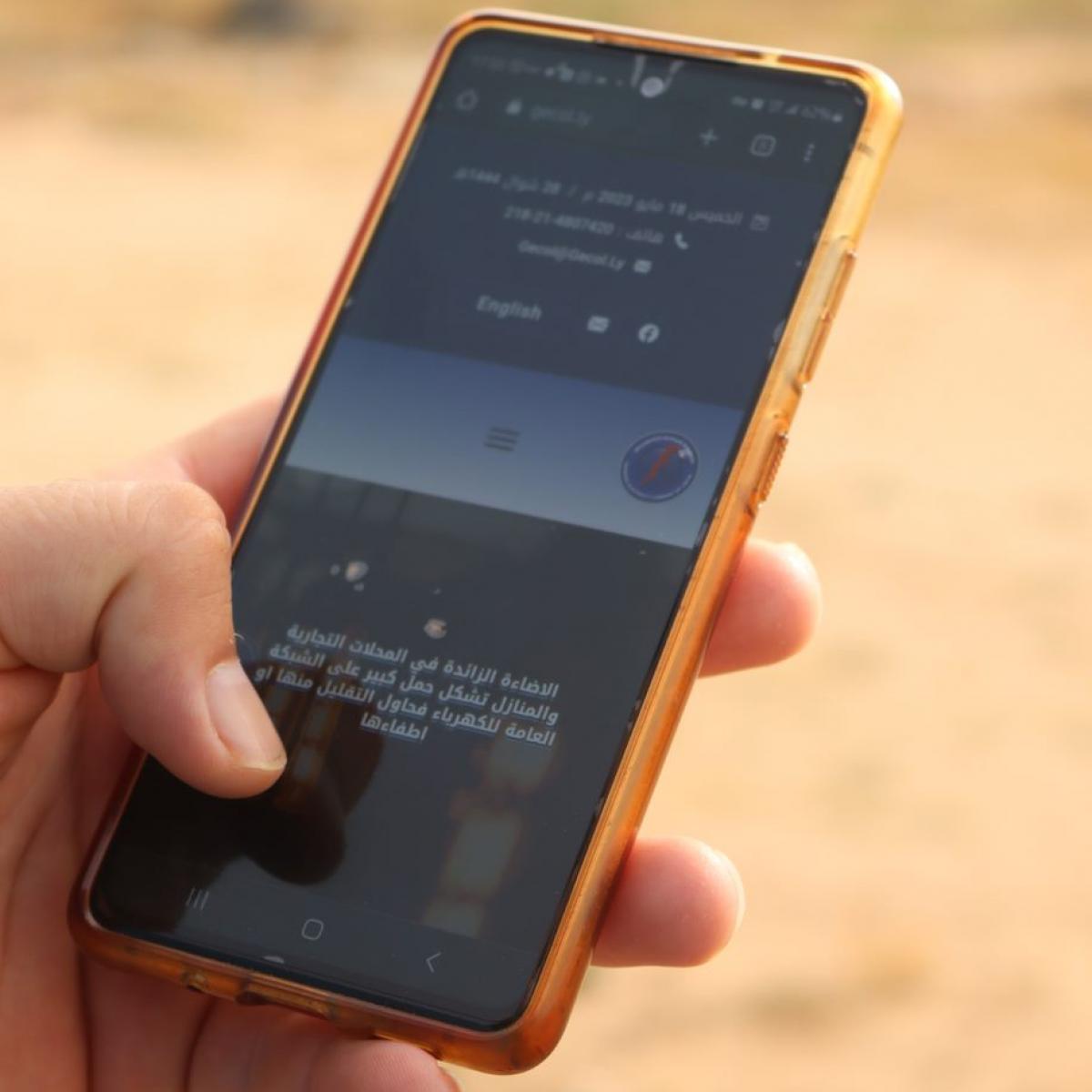During Libya’s civil war, communications networks between east and west were repeatedly severed, with engineers having to invent workarounds to restore network access. Since the end of the war in 2020, the government has been working to rebuild Libya’s telecommunications network and to attract additional investment to ensure all Libyans have access to digital technology. The General Electricity Company of Libya (GECOL) has Libya’s second largest fiber optic network that stretches more than 6,000 kilometers (3,700 miles) and reaches every region of the country. Though it is designed to carry high voltages for electricity distribution, it also has the extra capacity to handle high-speed voice and data transmissions.
After a USAID-led feasibility assessment on revenue enhancement measures to monetize GECOL’s non-electric revenue, and with USAID’s support, GECOL signed a lease with the Libyan-based World of Technology Company, which will use the fiber optic network to provide telecommunications services. When executed, this partnership will result in an estimated 400 million LYD ($ 83.7 million) in revenue in five years. It is a groundbreaking advancement for GECOL which has long functioned in the red, depending on government subsidies to fill revenue gaps. With USAID support, GECOL is decreasing its dependency on government subsidies by enhancing its revenue and developing a funding stream to undertake needed maintenance and repairs to keep generation stations functioning, avoiding power blackouts that have plagued Libya for years.

